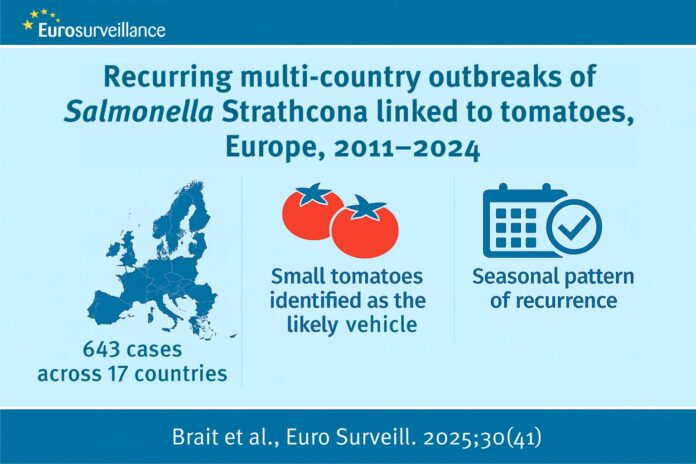A new study published by researchers from the University of Oxford, the Wildlife Conservation Society (WCS), CIFOR-ICRAF, and institutional partners reveals a disconnect between media and public perceptions of the risks of consuming wild meat in Central Africa during COVID-19, and sheds light on the complex relationship between media reporting, community beliefs, and behavior change—offering important lessons for wildlife management and public health strategies.
The work appears in People and Nature.
Perceptions of wild meat in the media
“Media articles tended to emphasize the risks of a virus spill-over from wild meat to humans,” said lead author Yuhan Li, DPhil Student at the University of Oxford’s Department of Biology. “However, our results show that people’s perceptions were more influenced by their personal experience, and that their food choices were largely determined by the price and availability of wild and domestic meats.”
Wild meat is a significant source of food and income generation in Central Africa. However, little is known of how the assumed link between COVID-19 and wild meat consumption has been discussed by the media and received by the public.
COVID-19 brought increased media attention to wild meat consumption and changed public perceptions and stated consumption behaviors related to meat consumption in Central Africa. Researchers analyzed over 260 media articles from the Democratic Republic of Congo (DRC), Gabon, and the Republic of Congo alongside phone surveys of more than 3,600 people in Cameroon and DRC.
The study found that although media coverage often emphasized disease risks associated with wild meat (61% of articles that discussed zoonotic risks), public beliefs were more nuanced. In fact, a significant share of respondents viewed domesticated red meat—not wild meat—as the riskiest protein source for disease. Additionally, while nearly half of Cameroonian respondents reported eating less wild meat due to health concerns, one-third of DRC respondents said they increased consumption due to the scarcity and cost of alternatives.
Changing consumption through communication
Research on social perceptions around wild meat is critical for informing interventions that are both culturally appropriate and effective. Bans on trading wild meat were widely discussed in the media as a potential policy response to COVID-19, but there was a lack of consensus among respondents that this would be the most appropriate policy: views were divided in Cameroon, while support was stronger in DRC and opposition lower.
“If we want to shift behaviors around wild meat consumption in Central Africa, we need to start by listening,” explains Lude Kinzonzi (Wildlife Conservation Society), one of the co-authors. “Top-down bans or generic health warnings rarely work. What makes the difference are approaches grounded in real community needs and motivations, positive campaigns built on evidence, amplified by trusted local voices, and supported by viable alternatives. And that means alternatives not just for consumers, but also for others along the value chain, like vendors.
“Without options on the supply side, even the most promising interventions risk being undermined.”
The authors call for evidence-based communication campaigns, collaboration with trusted local influencers, and targeted, context-specific policy measures.
These should be complemented by expanding access to safe and affordable wild meat substitutes, and by investing in stronger local institutions, law enforcement, and monitoring systems. A multifaceted approach can help achieve both biodiversity conservation and human health outcomes, particularly in regions where wild meat remains a critical component of food security and livelihoods.
More information:
The impact of COVID-19 on public perceptions of wild meat in Central Africa, People and Nature (2025). DOI: 10.1002/pan3.70094
University of Oxford
Citation:
A media–public disconnect exists on wild meat narratives in central Africa during COVID-19 (2025, July 25)
retrieved 25 July 2025
from https://medicalxpress.com/news/2025-07-mediapublic-disconnect-wild-meat-narratives.html
This document is subject to copyright. Apart from any fair dealing for the purpose of private study or research, no
part may be reproduced without the written permission. The content is provided for information purposes only.



